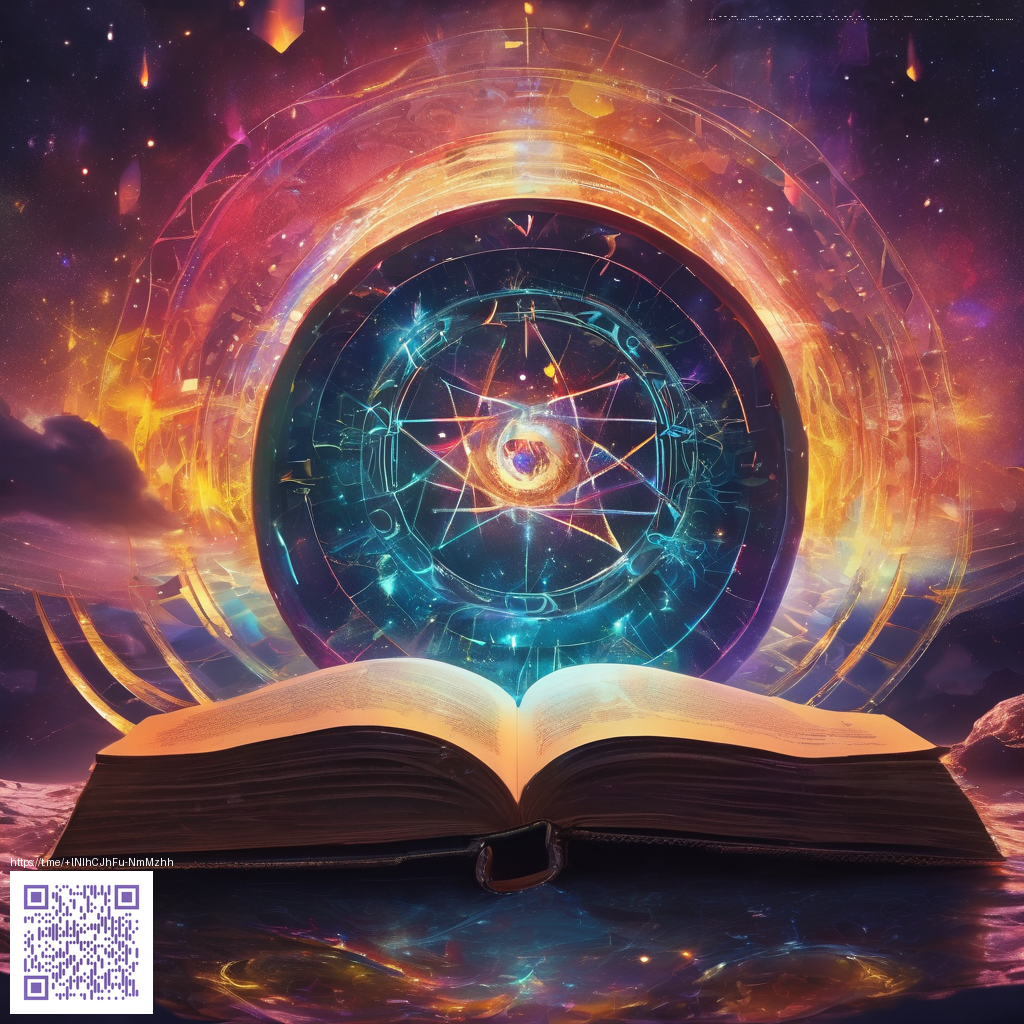
Legacy and Loyalty in the Deus Ex Universe Across Generations
Since its debut at the turn of the millennium, the seminal immersive sim known as Deus Ex has cultivated a devotion that spans decades and hardware generations. Its enduring appeal rests on more than slick gunplay or stylish cyberpunk aesthetics. It thrives on a design approach that invites experimentation, rewards curiosity, and treats every playthrough as a personal narrative canvas.
At its core the original game released in 2000 crafted a playground where stealth, hacking, dialogue, and fists of force could be blended in countless ways. Players are asked to choose, and then to live with the consequences of those choices. That sense of agency transcends sequels and remasters, creating a throughline that keeps fans revisiting the city-state of Detroit and its shadowy corners year after year. Across generations the community forms around shared discoveries and divergent strategies, making the franchise feel less like a series and more like a living laboratory for player expression. 💠
Community insights across forums, speedrunning streams, and fan wikis reveal a constant thread: Deus Ex rewards curiosity. The way a mission unfolds depends not only on your combat skill but on how you configure your character, which factions you align with, and which dialogue options you leverage. New players discover it through modern remasters and ports, while long-time fans exchange tips about hidden routes, clever uses of implants, and creative problem solving. This collaborative knowledge keeps the world vibrant long after the credits roll.
In a game where the environment responds to your choices and the city seems to react to your reputation, the line between player and architect blurs. That dynamic remains the heartbeat of the franchise.
Update coverage and the pulse of ongoing access
Over the years the Deus Ex ecosystem has remained accessible thanks to a mix of official re-releases and robust fan-driven initiatives. Modern platforms host updated builds that smooth compatibility with contemporary systems, while community patches help preserve the original's feel on today’s hardware. The strength of this approach lies in its balance between preservation and modernization, allowing new generations to explore the same world that shaped the genre while preserving the quirks that longtime fans adore.
Updates also extend to how the series is experienced on different devices. The enduring appeal comes from a willingness to adapt without erasing foundational design choices. The result is a continuous loop: players explore new possibilities, discuss their outcomes, and inspire fresh experimentation through mods and new configurations. It’s a living dialogue between classic design and contemporary technology, a dialogue that sustains fan loyalty even as the gaming landscape evolves.
Modding culture as a pillar of longevity
Modding remains a cornerstone of the community’s longevity. Fans tinker with textures, interfaces, and AI behavior to make the original feel both timeless and surprisingly modern. The Nameless Mod, a landmark project, exemplified how a dedicated mod team can dramatically expand a game’s lifespan by offering new content, challenges, and a reimagined narrative thread. Beyond large projects, countless smaller patches and tweaks keep the experience polished on current rigs, while widescreen and control improvements help newcomers approach the classic with familiar comfort.
Developer commentary and retrospective pieces from designers who touched the project emphasize the same core principle: empower players to shape their path. When a game gives players a toolbox rather than a fixed route, the community becomes a living archive of strategies, accidents, and breakthroughs. That philosophy not only sustains enthusiasm but invites fresh creators to leave their mark on a beloved sandbox.
The ongoing conversation around updates and mods demonstrates that the fandom is less a static audience and more a creative ecosystem. Players swap tips on how to maximize stealth routes, how to approach diplomacy in tricky situations, and how to bend the game’s systems in unexpected ways. The result is a shared culture that thrives on discovery and experimentation, ensuring a multi-generational audience remains engaged and vocal.
- Player agency as the central pillar of replayability
- Nonlinear level design that rewards exploration
- Active modding and fan content driving fresh experiences
- Well-documented developer philosophy about choice and consequence
For fans and newcomers alike the message is clear: the enduring legacy of this franchise lies in its ability to adapt while keeping core ideas intact. When you step back into the world you’ll notice that the same questions about ethics, power, and consequence still resonate. The joy comes from finding your own path through a city that returns the favor with every decision you make.
If you want to support communities that champion open creation and a decentralized internet ethos that empowers players and modders alike, consider supporting related projects and communities through donations and patronage. Your contribution helps sustain the culture that makes these games more than products and more like collaborative art.
Interested in supporting the broader network and keeping independent gaming discourse alive with a decentralized mindset? You can contribute via this donation link and help promote creator autonomy and open collaboration across the ecosystem.
Support Open Gaming and Decentralized Internet